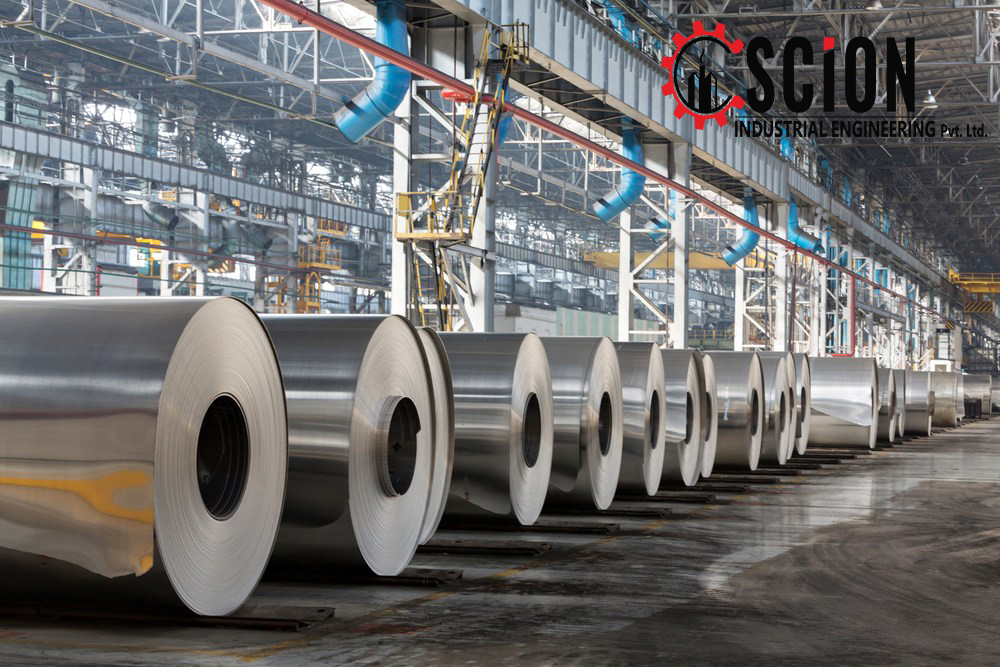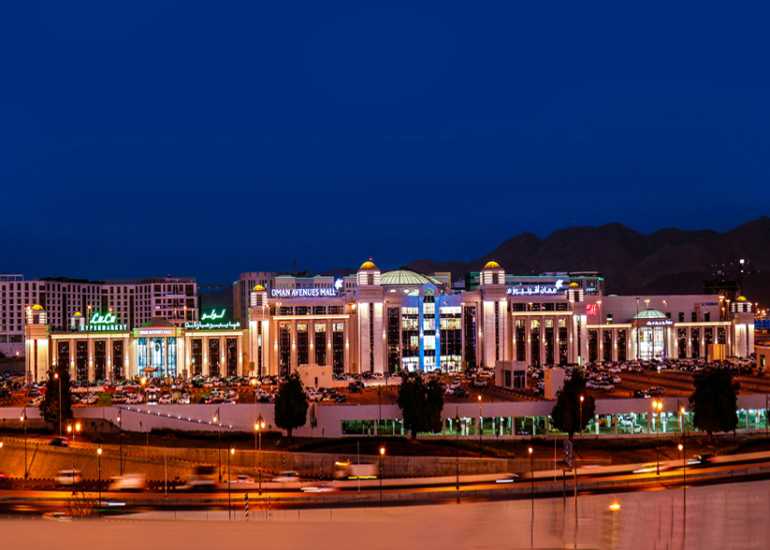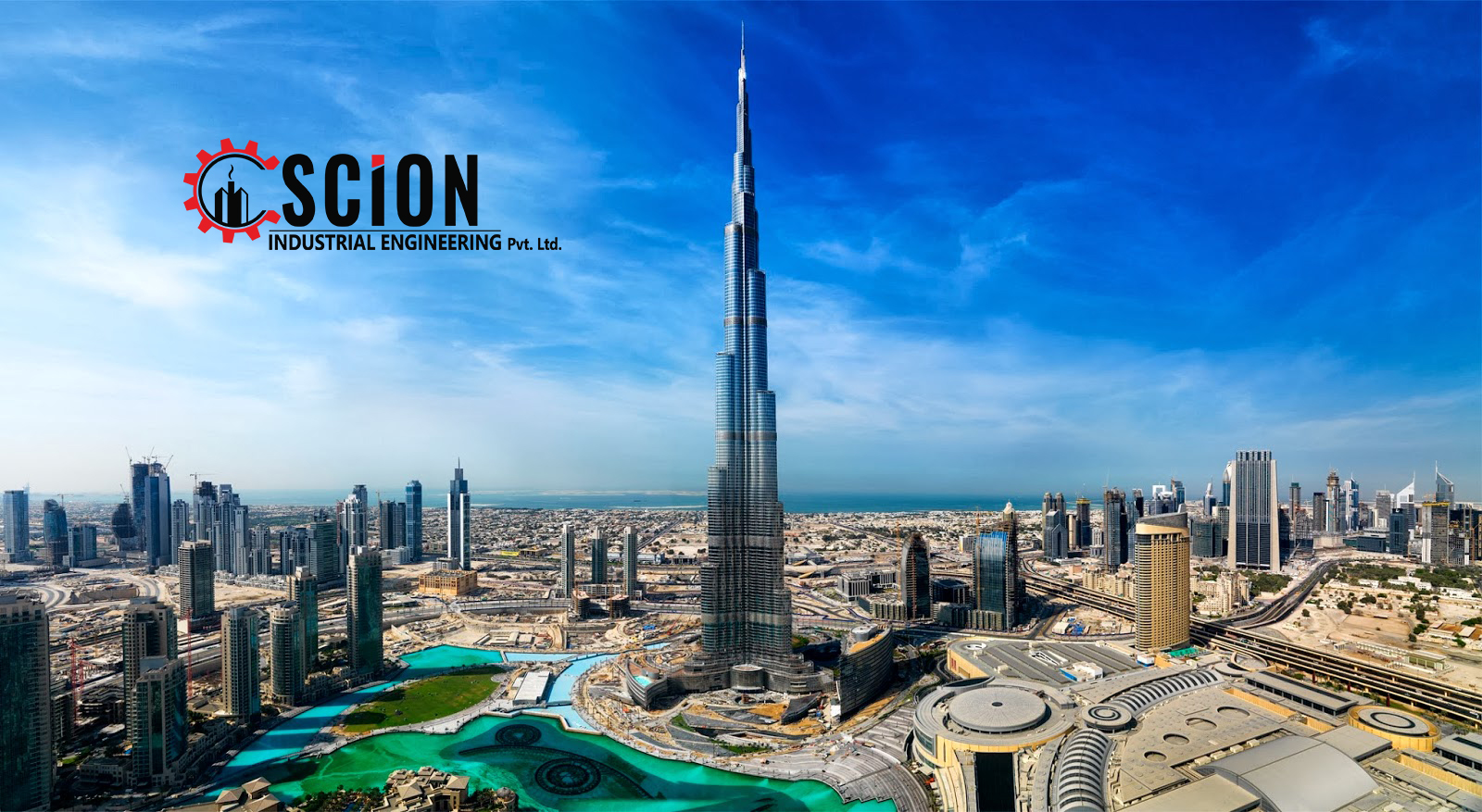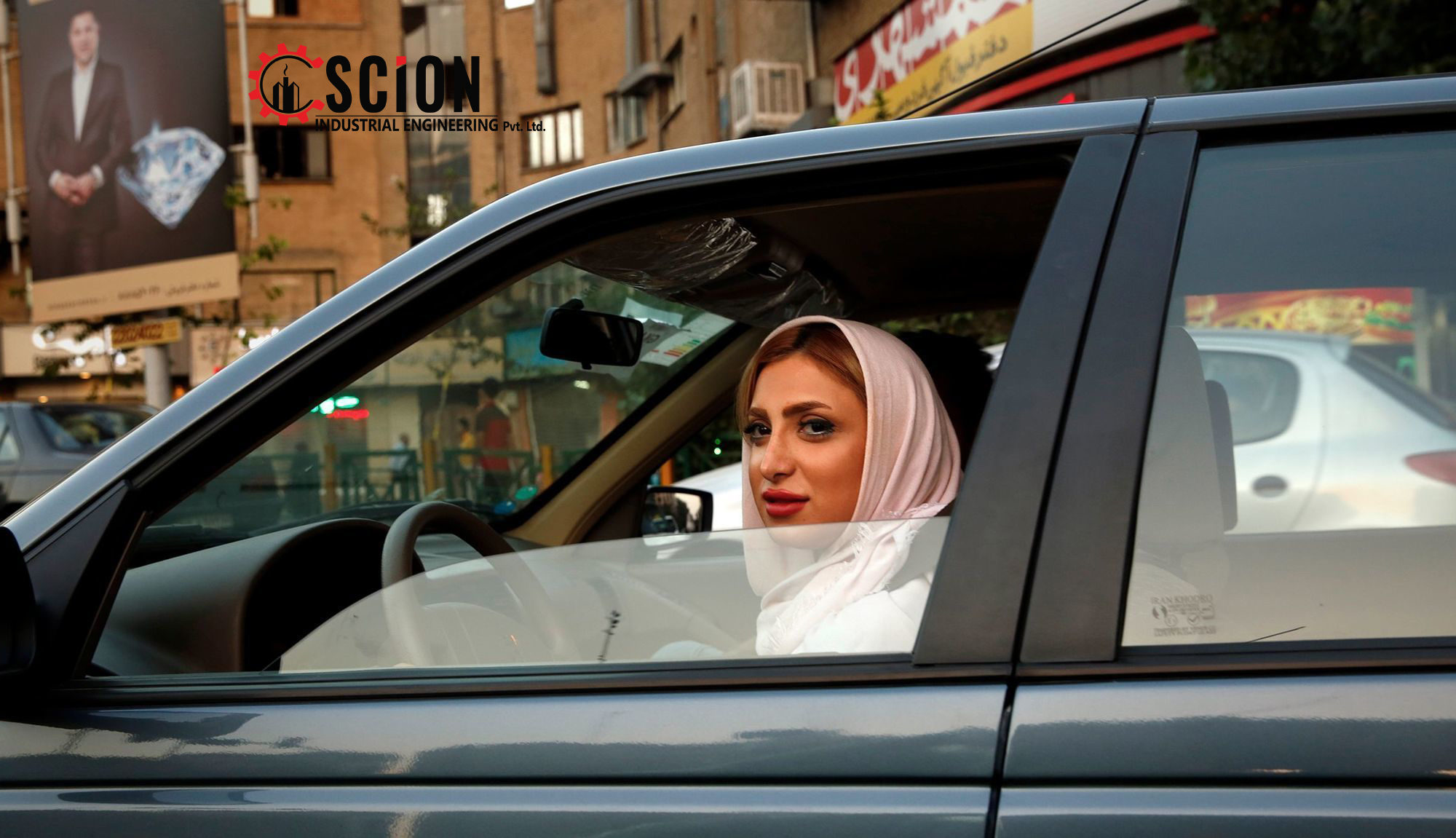Qatar is investing approximately $1.5 billion in Egypt’s industrial sector in 2024, according to Head of the Egyptian Commercial Service, Yahya Al-Wathiq Billah.
This announcement marks the first mention of Qatar’s new investments in Egypt since the agreement between the two nations in March 2022, which outlined investments and partnerships worth a total of nearly $5 billion.
Al-Wathiq Billah’s highlighted a 47% increase in trade volume between the two countries in 2022, although specific figures were not disclosed.
The Qatar Egypt Investment Forum, inaugurated by Minister of Trade and Industry Ahmed Samir, served as a significant platform for fostering economic cooperation and exploring investment opportunities between Qatar and Egypt.
The forum, attended by Qatar’s Minister of Commerce and Industry, Mohammed bin Hamad bin Qassim, showcased Qatar’s commitment to Egypt’s economic growth. Bin Qassim stated that Qatar had already invested over $5.5 billion in Egypt’s financial, real estate, and energy sectors.
During the event, Saud Omar Al Mana, the CEO of the Qatari Al Mana Group, made a notable announcement. Al Mana revealed plans to inject initial investments totaling approximately $60 million into the Egyptian market throughout 2024.
The investments from Qatar are expected to have a substantial impact on Egypt’s industrial sector, promoting growth and creating new job opportunities.
Source:https://www.egypttoday.com/Article/3/128511/Qatar-commits-1-5-billion-investment-in-Egypt%E2%80%99s-industrial-sector






